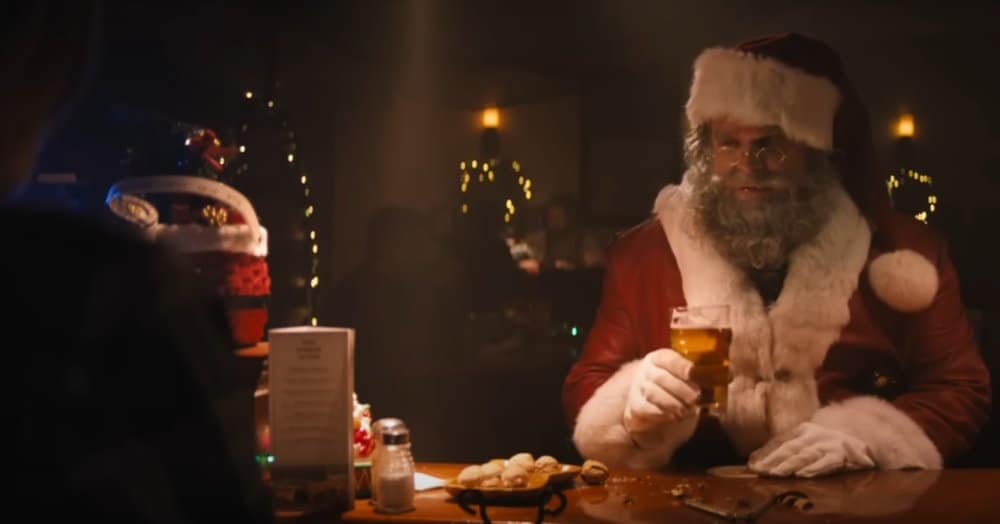
Generative AI firm Midjourney is being sued by Disney and Universal for copyright infringement over its image-making software.
In a move that could have a far-reaching effect on a much-hyped tech sector, Disney and Universal have joined forces to file a lawsuit against Midjourney, the company behind the generative-AI image creation software of the same name. The lawsuit, filed on the 11th June, contends that Midjourney’s platform takes Disney and Universal’s copyrighted imagery and allows its users to generate “endless unauthorised copies” based on it.
The 110-page lawsuit – which can be found at Courthouse News if you want to read it – cites multiple examples of what it calls “infringement of copyrighted characters.” These include Darth Vader, Shrek, Wall-E, assorted Minions and more besides, and were all generated by typing brief text prompts into Midjourney’s interface.
“In response to the prompt, ‘Chewbacca, screenshot from movie,’ Midjourney accessed the data about Disney’s Copyrighted Works that is stored by the Image Service,” reads another excerpt from the filing.
There are pages and pages of examples such as this, all designed to add weight to the suit’s claim that Midjourney is profiting from the creation and distribution of copyrighted material.
Perhaps most damningly, Disney and Universal’s lawyers found a Forbes interview from 2022, in which a representative from Midjourney flat out admitted that it hadn’t attempted to seek consent before using a copyright holder’s imagery to ‘train’ its software.
“There isn’t really a way to get a hundred million images and know where they’re coming from,” the Midjourney rep told Forbes. “It would be cool if images had metadata embedded in them about the copyright owner or something.”
“Midjourney is the quintessential copyright free-rider and a bottomless pit of plagiarism,” a particularly stinging part of Disney/Universal’s lawsuit reads. “Piracy is piracy, and whether an infringing image or video is made with AI or another technology does not make it any less infringing.”
The legal case has landed at what could be a decisive moment for generative AI. Over the past six months, the UK government has been trying to push through a proposal which would allow tech companies such as Midjourney or OpenAI to train their software on any material they wish, whether covered by current copyright laws or not. If the proposal passes into law, it would mean an individual artist or company would have to file an ‘opt out’ request if didn’t want Midjourney to take their imagery.
That proposal has been defeated in the House of Lords four times to date. Meanwhile, more than one report has highlighted the need to bolster existing copyright laws rather than allow tech companies to ignore them, and to give creators more transparency over how their work is being used.
As Disney and Universal’s suit highlights, however, Midjourney and companies like them have already sucked up vast amounts of text and imagery; a process figures such as OpenAI’s Sam Altman have argued constitutes “fair use” under existing copyright laws.
This legal battle is arguable the biggest the AI tech sector has faced so far, however. And if Disney and Universal win, then the consequences could be huge – not just for Midjourney, but for all companies that have trained their software on material scraped from the internet.
“Creativity is the cornerstone of our business,” Universal boss Kim Harris said in a statement. “We are bringing this action today to protect the hard work of all the artists whose work entertains and inspires us and the significant investment we make in our content. Theft is theft regardless of the technology used, and this action involves blatant infringement of our copyrights.”








